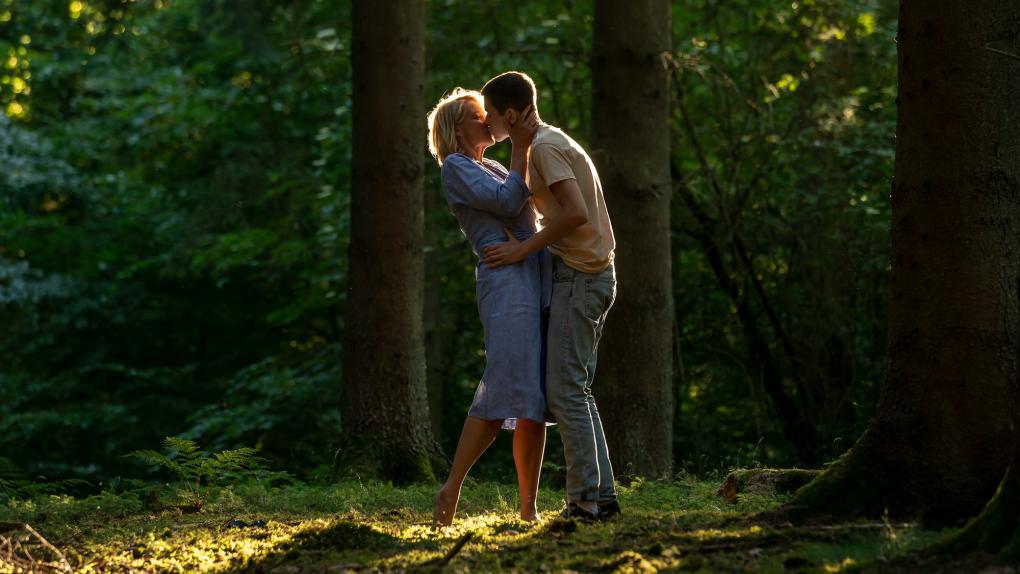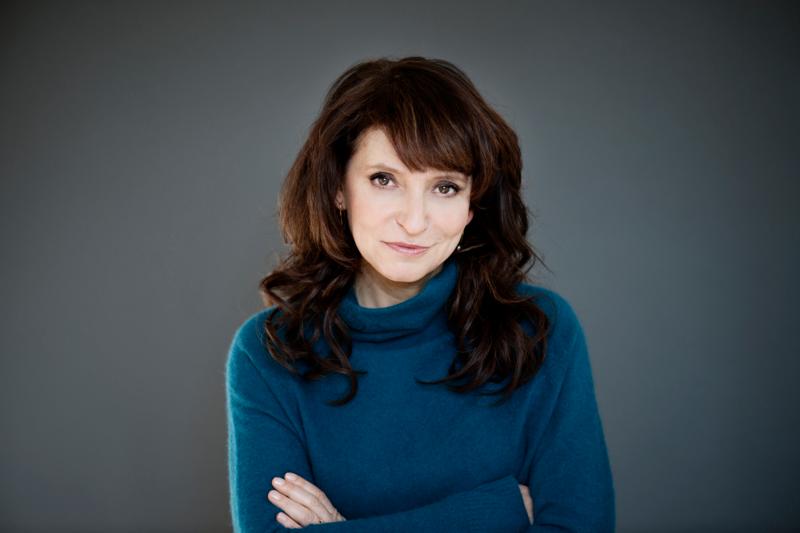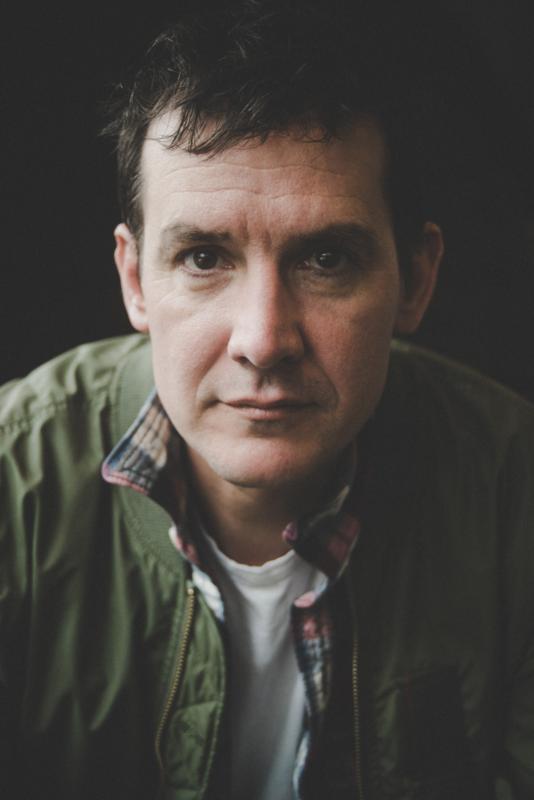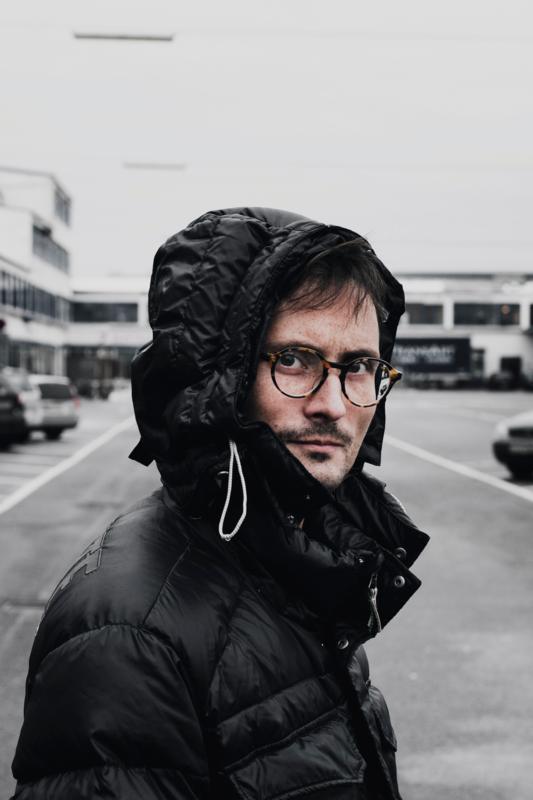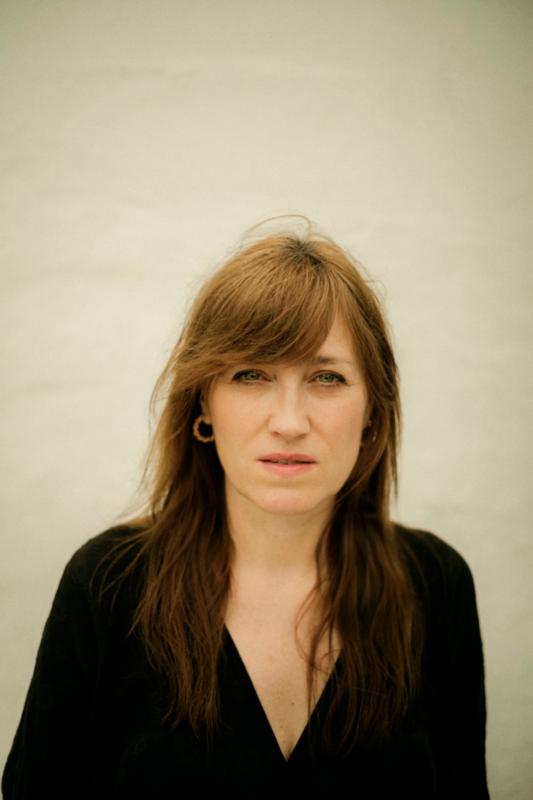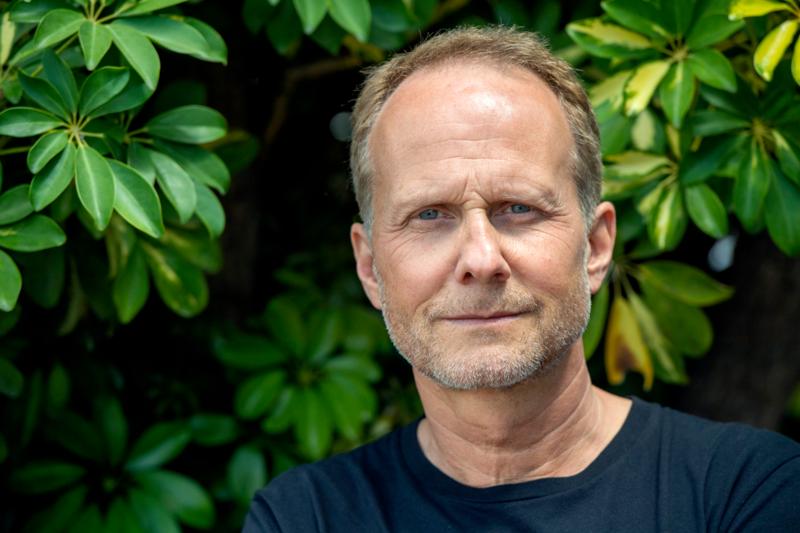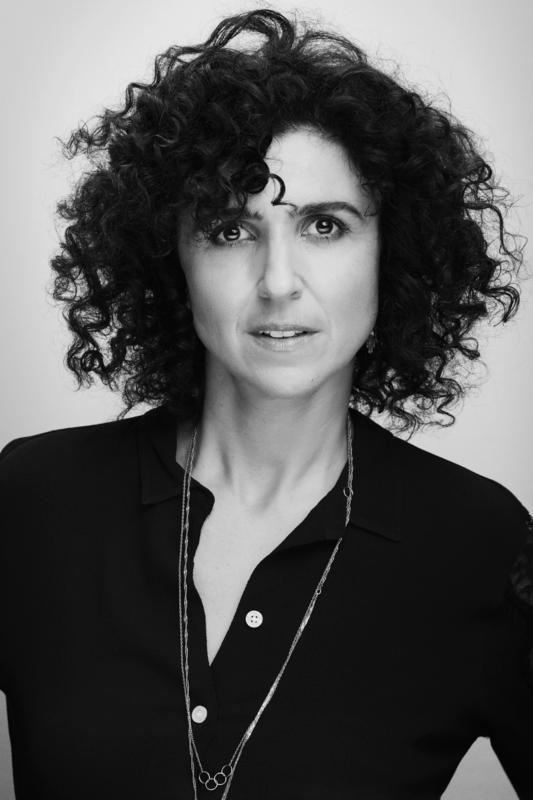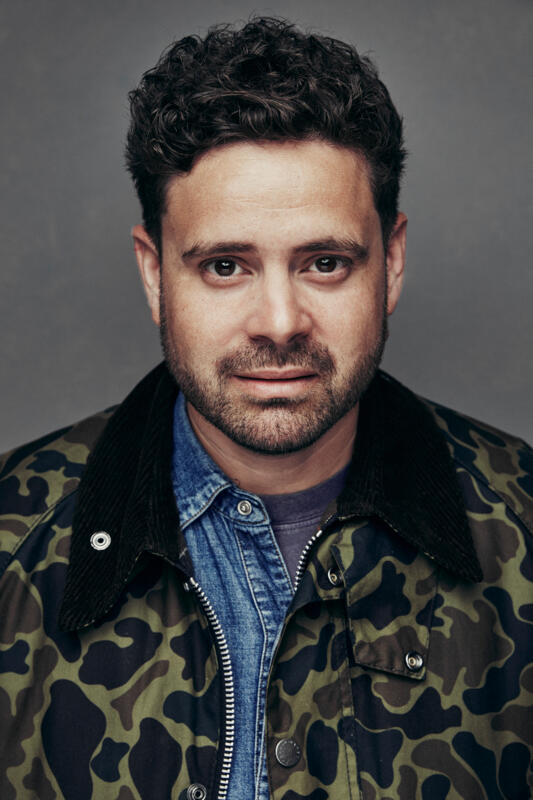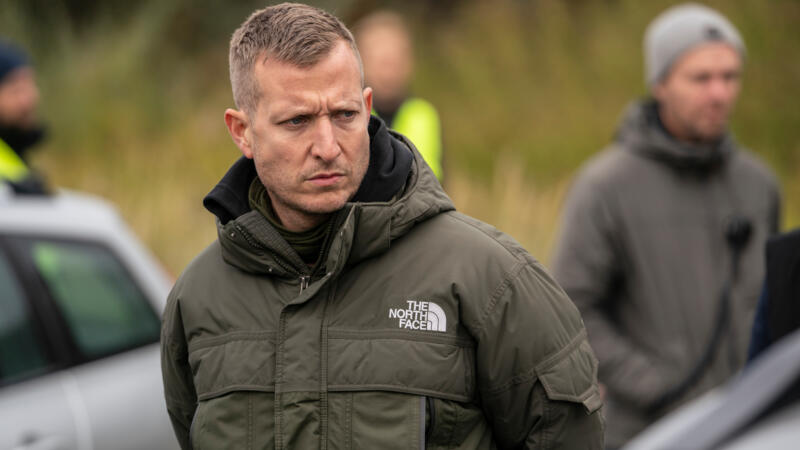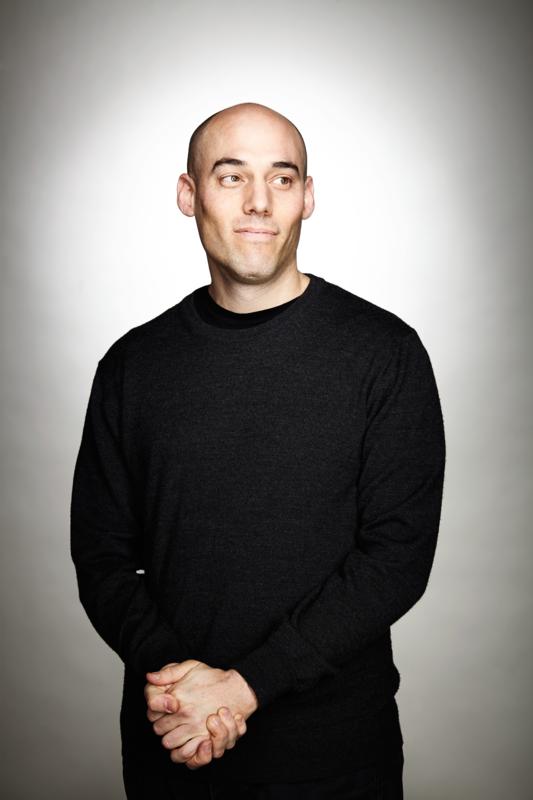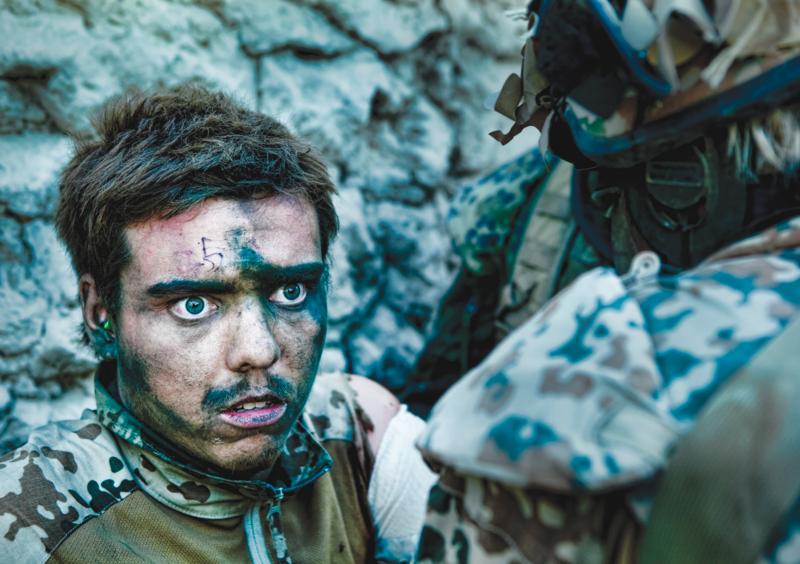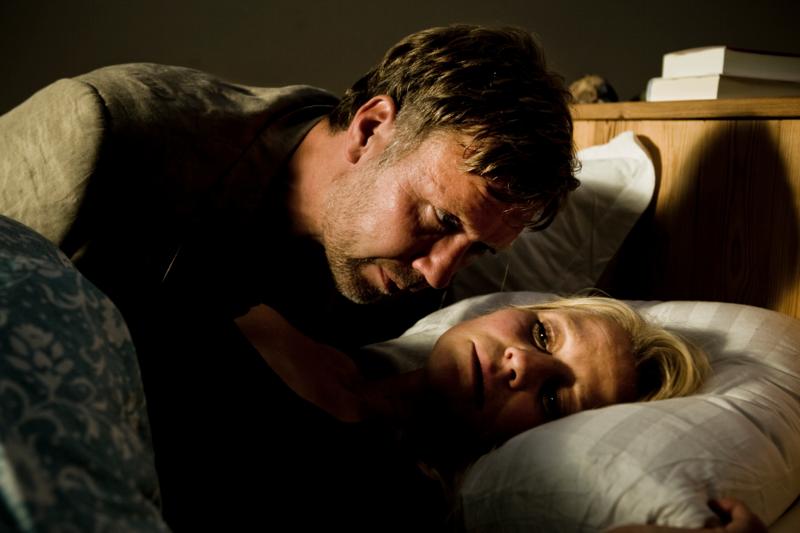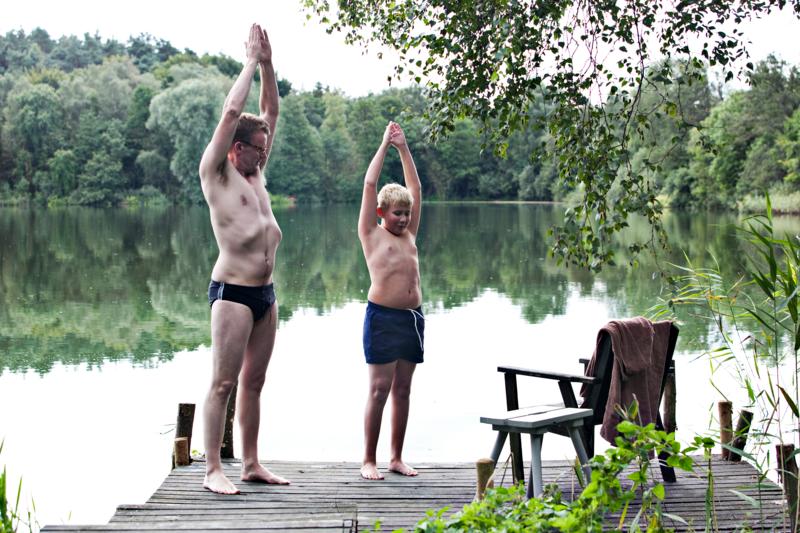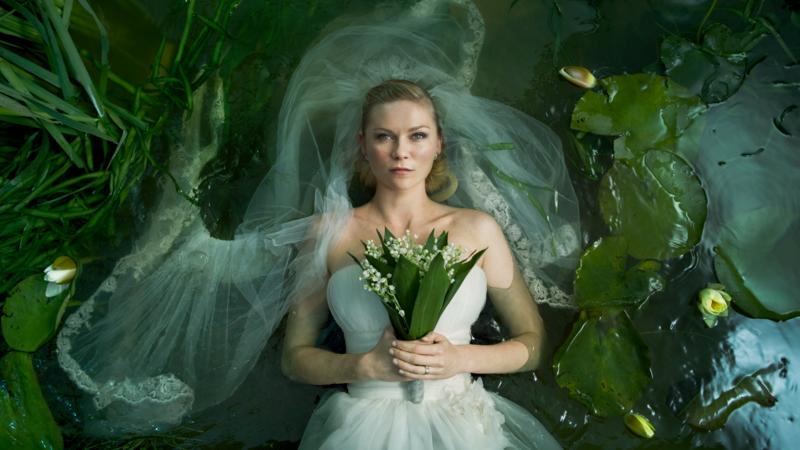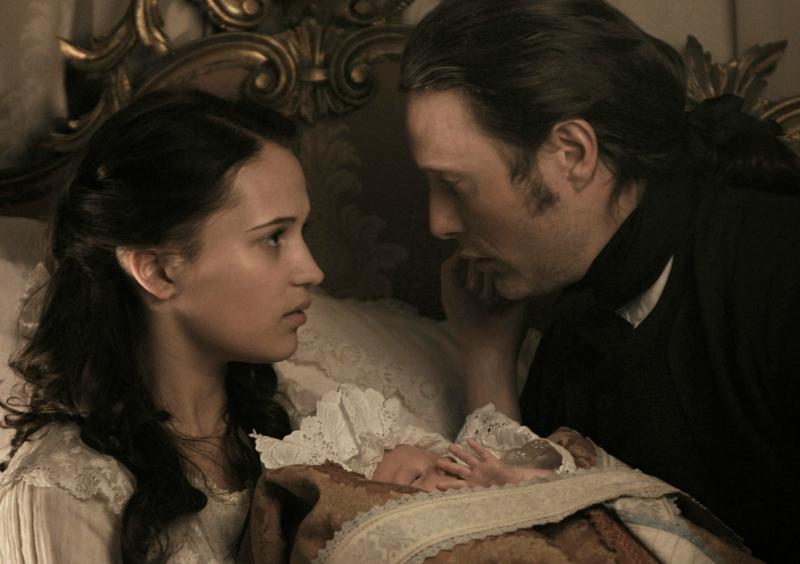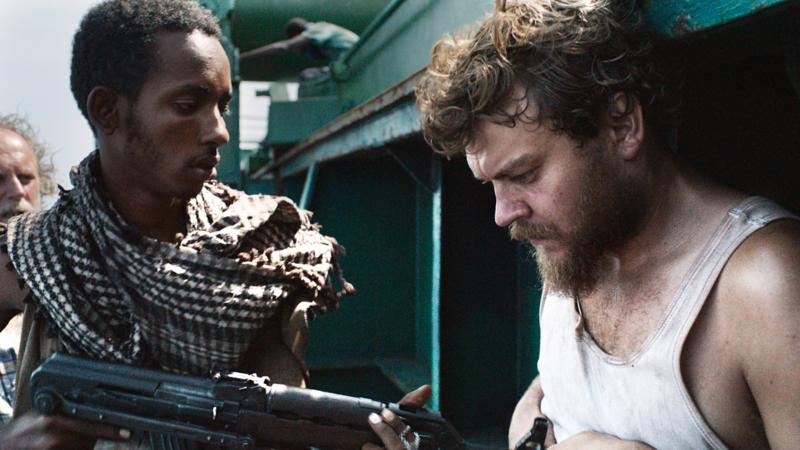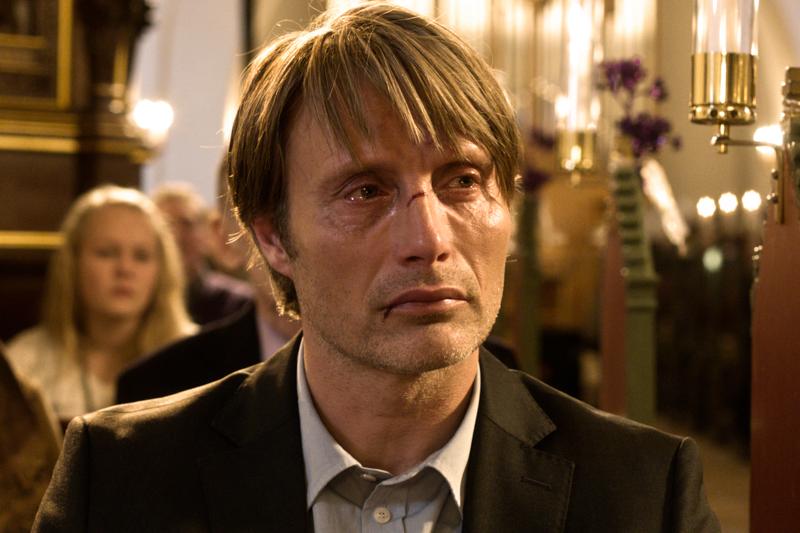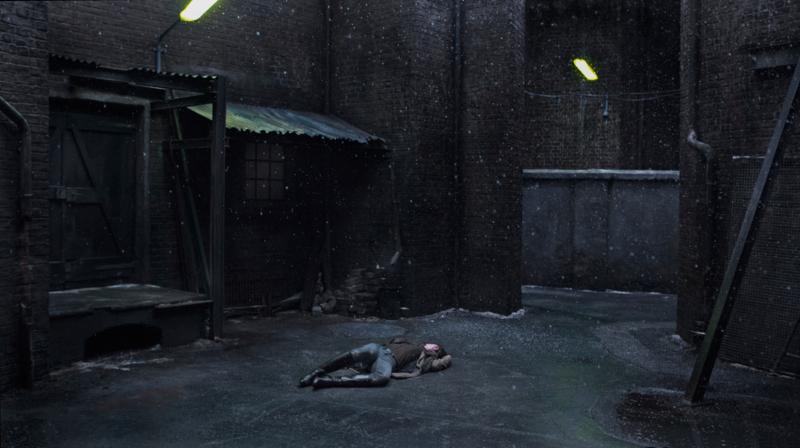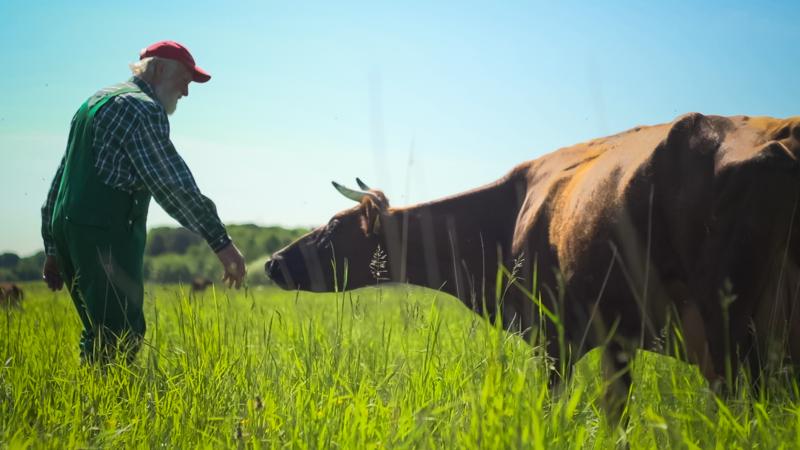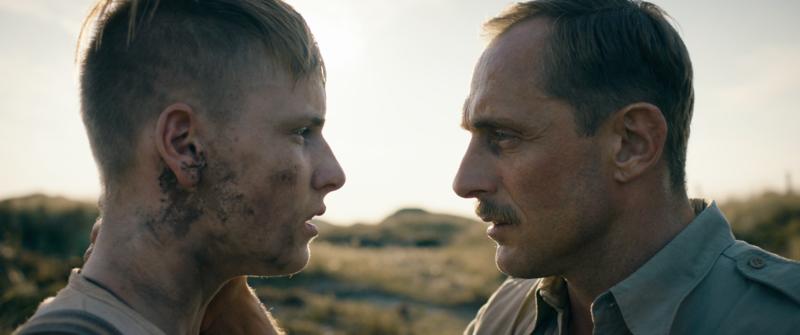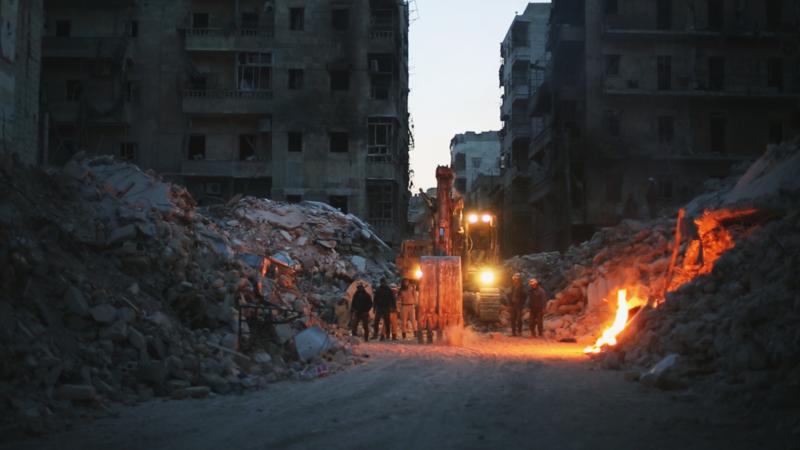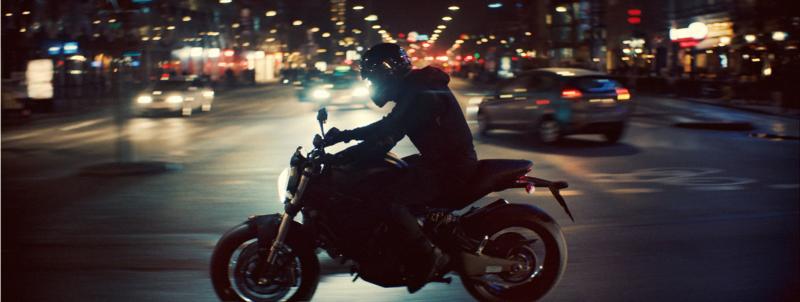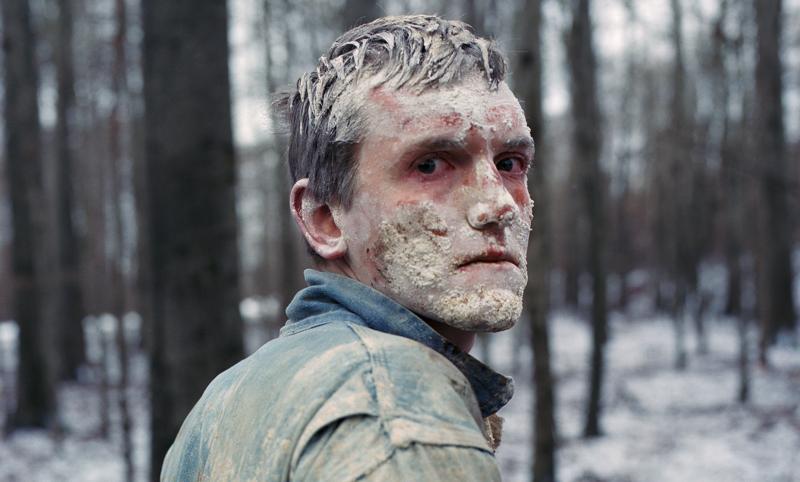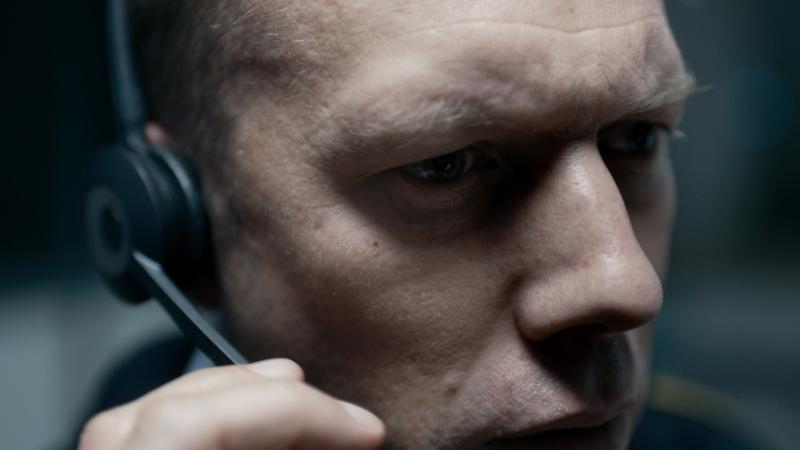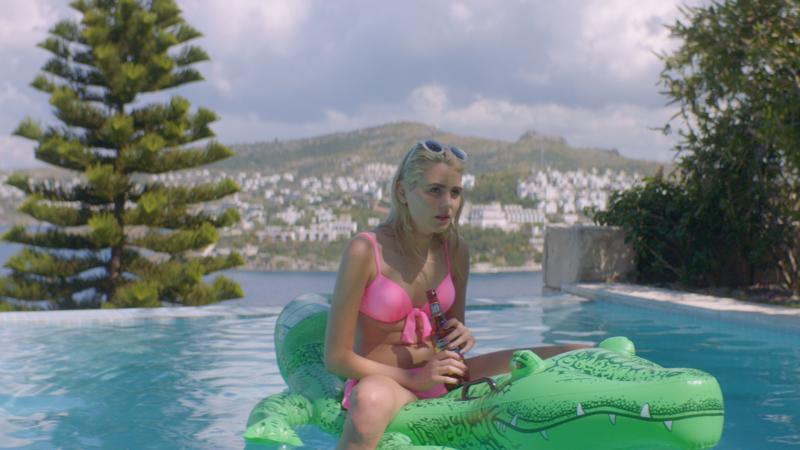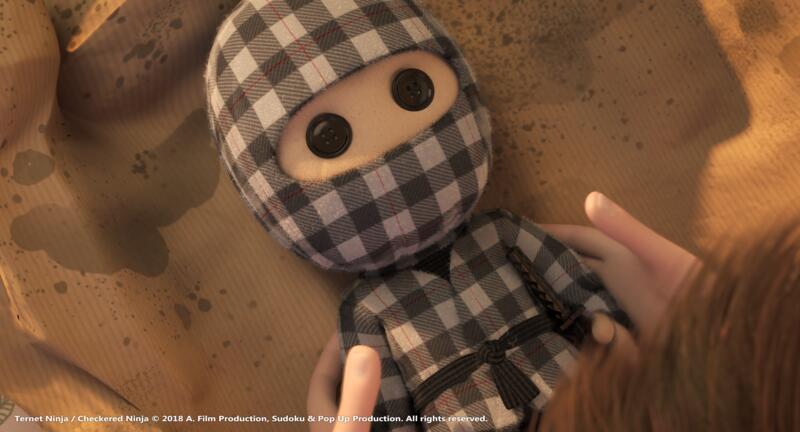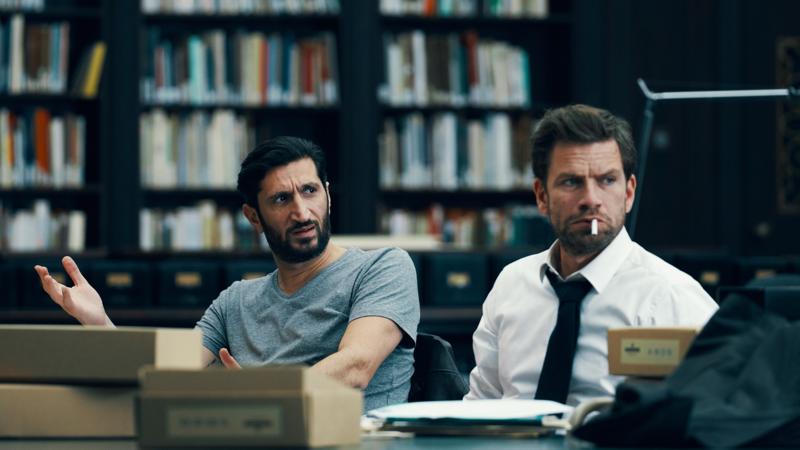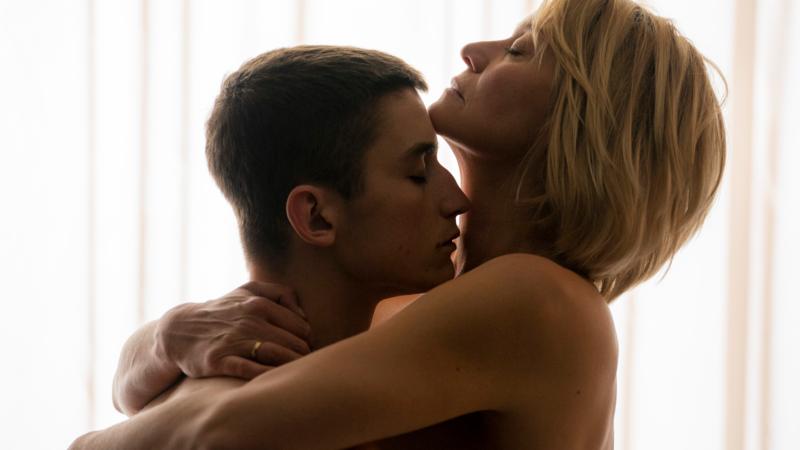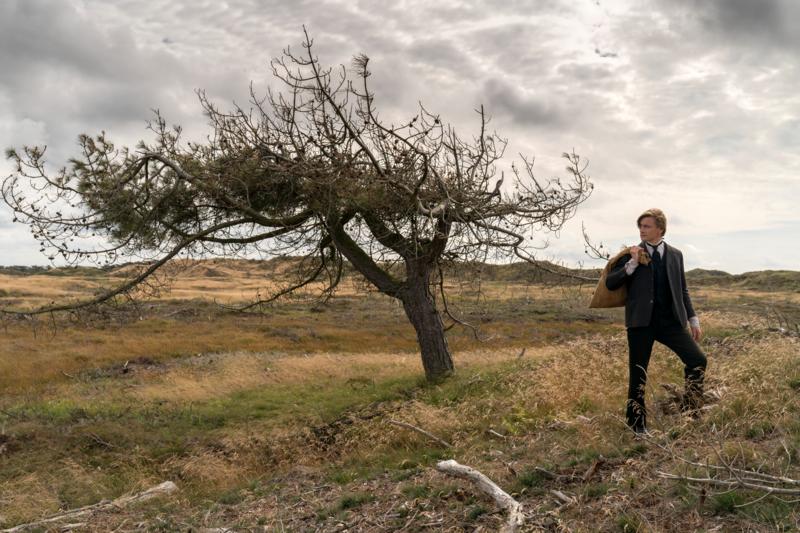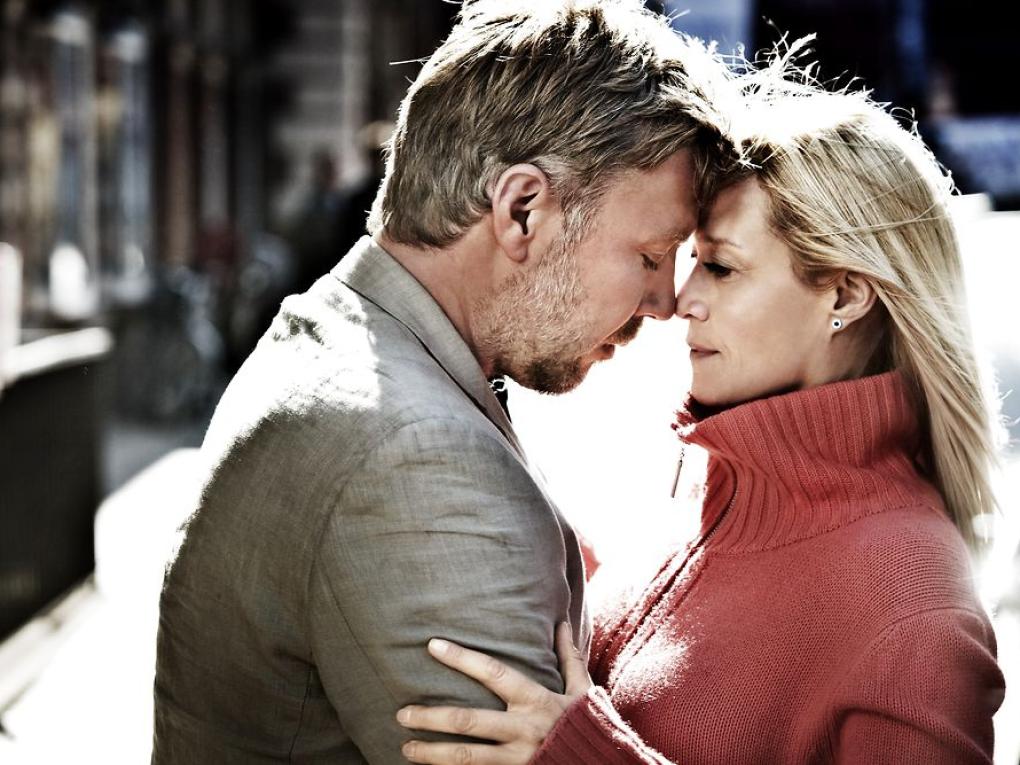Organisation and film policy
The Danish Film Institute continues to be the central organisational factor in Danish film. Since 1999, Parliament has passed a so-called Film Agreement every four years, setting out objectives and an economic framework for subsidies to Danish films in the period. Henrik Bo Nielsen stepped down as CEO of the Film Institute in 2017, after 10 years on the job, and was replaced by former deputy director Claus Ladegaard.
The Film Institute’s activities include awarding grants to the development, production and marketing of films. The Film Institute runs the Cinematheque in Gothersgade, Copenhagen, embracing daily film screenings, a film library, with a stills and poster archive, a clippings archive and special collections (including from the estate of Carl Theodor Dreyer, Nordisk Film and Lars von Trier), and the Film Archive, which collects, preserves and digitises the national film heritage. The Film Institute’s digital dissemination of Danish film culture encompasses carlthdreyer.dk, danmarkpaafilm.dk, stumfilm.dk and the journal Kosmorama, in addition to filmcentralen.dk for classroom use and media education.
Film education takes place at the National Film School of Denmark, Copenhagen (under rectors Poul Nesgaard, 1992-2014, and Vinca Wiedemann, 2014-2019), and increasingly at alternative film schools, the so-called association programmes: Super16 in Copenhagen, Super8 in Aarhus and 18Frames in Odense.
Four film workshops help to develop new talents: Aarhus Film Workshop, Film Workshop Copenhagen, Odense Film Workshop and the Animation Workshop in Viborg. All four are funded by the Film Institute under the umbrella of Fonden Filmtalent. Other links in the food chain include StationNext, a film school for children and youth in Avedøre and Aarhus, and the European Film College in Ebeltoft.
In the period, a total of 244 Danish features and 85 Danish documentaries were released theatrically.
Production companies
Production companies range from well-established names, such as Nordisk Film, Zentropa, Nimbus Film, SF Studios, Miso Film, ASA Film Production and Regner Grasten Film, to a number of new companies who made their mark in the 2010s, including Beo Starling, Profile Pictures, Snowglobe, Rocket Road Pictures, Adomeit Film, Toolbox Film, Final Cut for Real and Danish Documentary.
Cinemas
The 2011 Film Agreement secured funding for digitalisation, and practically all Danish cinemas have been digital since 2015. In the decade, annual admissions remained at 12-13 million, more or less at the level of the preceding decade. Danish films represent 26.2% of admissions, a considerably larger share than that of domestic films in other European countries.
Biografklub Danmark, a nationwide film club offering half-price tickets to select films, plays an important part in ticket sales. Cinemas are challenged by streaming services like Netflix and HBO, which arrived in Denmark in 2012. New, technologically advanced cinemas, such as IMAX and the luxury MovieHouse cinemas, are responding to the trend.
Funding schemes
State funding for film production is the key factor in Danish film. Theatrical releases are very rarely produced without state support (approx. 7% of the period’s films did not receive production funding, only promotion funding). Sales of DVDs fell dramatically in the period and no longer constitute a significant part of a film’s earnings. Blu-rays have not had nearly the same impact.
Funding schemes in the 2010s
The Film Commissioner Scheme, aiming to “support good storytelling,” is intended for both mainstream films and smaller art films. The goal is to have films that “sustain and develop Danish cinema and film culture, both nationally and internationally.”
The Market Scheme (formerly known as the 60/40 Scheme) supports films with “popular-cultural qualities” that are expected to sell more than “an average Danish feature,” that is, more than 130,000 admissions.
At least 25% of funding for film production must go to films for children and youth.
New Danish Screen is a scheme for promoting talent development in Danish film. Launched in 2015, Skitsen is a format for developing low-budget features based on a short, visual film sketch.
The Danish Film Institute also administers the Public Service Fund, whose main objective is to increase competition in the provision of public service content by funding TV drama and TV documentaries.
In addition, there is a special scheme for funding international films of high artistic quality that have Danish participation (so-called minority co-productions). Films funded under this scheme include Pawel Pawlikowski’s Polish Oscar-winner 'Ida' (2013), Ruben Östlund’s Swedish Cannes winners 'Force Majeure' (2014) and 'The Square' (2017), Joachim Trier’s Norwegian 'Thelma' (2017), Ali Abbasi’s Swedish Cannes winner 'Border' (2018) and Hans Petter Moland’s Norwegian Berlin winner 'Out Stealing Horses' (2019). Add to that Swedish films with Danish directors, including Per Fly’s ‘Monica Z’ (2013) and Pernille Fischer Christensen’s 'Becoming Astrid' (2019).
Family classics: Business as usual
“Folk comedies” have maintained their traditional position as a cultural gathering point for the family and the nation. The genre is sustained by reboots of classical film series.
The ‘Father of Four’ series, first launched in 1953 and rebooted in 2005, was augmented by seven new films in the 2010s (for a total of 19 films), while the ‘My Sisters Kids' series, first released in 1966 and rebooted in 2001, saw four new films in the 2010s (for a total of 11 films). The films remain popular, typically selling 300,000 to 400,000 tickets.
Cringy and macabre: Comedy and crime
More contemporary comedies in the period include Mikkel Nørgaard’s Klown the Movie (2010) and Klown Forever (2015), based on the TV series Klown (2005-2018). With stars Frank (Hvam) and Casper (Christensen) revelling in edgy humour, toe-curling shenanigans never fail to ensue.
The style has rubbed off on new mainstream comedy efforts, such as Rasmus Heide’s All For One (2011), which spawned two sequels, and especially Niels Nørløv Hansen’s The Reunion (2011), which garnered 600,000 admissions, and its two sequels. Racking up 474,000 admissions, Tilde Harkamp’s Hunting Season (2019), caps off the decade’s big-screen cringefest with its story of three oddly matched girl friends.
Dramedies are also popular, including Susanne Bier’s romance Love Is All You Need (2012), Hella Joof’s All Inclusive (2014), Paprika Steen’s Christmas satire That Time of Year (2018) and Frederikke Aspöck’s Out of Tune (2019). In the more absurd, darkly humorous end of the spectrum, we find Anders Thomas Jensen’s Men & Chicken (2015), about an oddball handful of brothers.
There is not much of a tradition for crime films and thrillers in Danish cinema. Even so, in the 2010s, four films from Zentropa, based on Jussi Adler-Olsen’s international bestsellers about Department Q, were huge hits (over 700,000 admissions each). The Keeper of Lost Causes (2013), The Absent One (2014), both directed by Mikkel Nørgaard, Hans Petter Moland’s A Conspiracy of Faith (2016) and Christopher Boe’s The Purity of Vengeance (2018) are handsomely produced, macabre mainstream thrillers with a singular vision of a gloomy Denmark, where psychopathic characters carry out intricate revenge plots.
Low-budget thrillers with original angles hit the screen, as well, including Gustav Möller’s The Guilty (2018), whose entire plot revolves around a cop manning the phone at an emergency response centre, and Rasmus Kloster Bro’s Cutterhead (2019), a subterranean chamber piece charting a scramble for survival after a construction accident in the tunnels of the Copenhagen Metro.
The Western genre was graced with Kristian Levring’s English-language The Salvation (2014), about a Danish pioneer in a partly digital Wild West. Fenar Ahmad’s revenge story Darkland (2017) was the sole entry in the action film genre.
Celebrity and Occupation: Biopics and period pictures
A distinct mainstream trend consists of biographical films and period dramas. Bille August’s Marie Kroyer (2012) chronicles the marriage of the artists Marie and P.S. Krøyer. Ole Christian Madsen’s Itsi Bitsi (2015) portrays the singer and poet Eik Skaløe. Ole Bornedal’s The Way to Mandalay (2018) is about the singer John Mogensen. Finally, Christopher Boe’s Sex, Drugs & Taxation (2013) tracks the friendship between a travel king and a politician.
More historically oriented, Nikolaj Arcel’s Oscar-nominated A Royal Affair (2012) is about mad King Christian VII and his queen, Caroline Mathilde, and their relations with the German doctor Struensee (Mads Mikkelsen), who becomes de factor ruler of the kingdom until his fall in 1772.
Purely fictional period films about 19th-century Denmark, Michael Noer’s Before the Frost (2019) is about a dirt-poor peasant, while Bille August’s A Fortunate Man (2018, also released in an extended TV version) adapts Henrik Pontoppidan’s classic novel of a man’s life from youthful idealism to resigned old age.
The Occupation, which became a hot subject with Ole Christian Madsen’s Flame & Citron in 2008, is further plumbed in Anne-Grethe Bjarup Riis’s This Life (2012), about eight Jutlandic resistance fighters executed by the Germans in 1944. In all, 750,000 Danes saw the film at the cinema. It was followed by Roni Ezra’s April 9th (2015), about the day in 1940 when the Germans rolled into Denmark; Nicolo Donato’s Across the Waters (2016), about the transport of Danish Jews to Sweden in 1943; and Martin Zandvliet’s Land of Mine (2015), about young German soldiers forced to dig up landmines on Denmark’s West Coast in the months after the German defeat in 1945. The film was nominated for an Oscar in 2017.
More recent history is the focus of Thomas Vinterberg’s The Commune (2016), about experimental forms of cohabitation in the 1970s; Christina Rosendahl’s The Idealist (2015), one of the few socially critical films of the period, about radio journalist Poul Brink’s investigation of the Thule case; and Kasper Barfoed’s Summer of ’92 (2015), about the national football team that won the European Championship. Recent world events are the backdrop for Niels Arden Oplev and Anders W. Berthelsen’s Daniel (2019), based on Puk Damsgård’s bestseller about a photographer, Daniel Rye, who was kidnapped by the Islamic State in Syria and only released 13 months later when his family managed to raise the hefty ransom.
Art films: Challenging the viewer
The undisputed art-film champion remains Lars von Trier. The director makes his international, England-language films under the Danish system, films them in Europe (most recently in Sweden and Denmark) and works with his own production company, Zentropa, as a guarantee of artistic integrity. Melancholia (2011), a hypnotic vision of the end of the world, won Kirsten Dunst an award at Cannes, even as von Trier himself was disgraced at the festival after making comments about “understanding Hitler.”
Later came Nymphomaniac (2013; Director's Cut, 2014), tracing a woman’s sexuality from childhood to middle age, and The House That Jack Built (2018), about the career of an American serial killer who ends up in Dante’s inferno. These two recent films both cultivate the singular von Trier-esque “digressionism,” with constant flights of essayistic reflections on countless subjects.
Other art films that follow the beat of their own form-conscious drummer are Hlynur Pálmason’s critically acclaimed Winter Brothers (2017), an enigmatic drama about two brothers toiling in a lime pit, and Isabella Eklöf’s Holiday (2018), which sees a life of luxury on the Turkish Riviera taking a menacing turn. Both films feature powerful performances by talented new actors (Elliott Crosset Hove, Victoria Carmen Sonne). While such films typically find limited audiences at the cinema, they attract attention at festivals and have an afterlife on TV.
A number of new talents make their debut with bold, experimental films resulting from the Film Institute’s investment in low-budget films and talent development under New Danish Screen. Prime among them are Puk Grasten’s 37, Christian Tafdrup’s A Horrible Woman (2017), Milad Alami’s The Charmer (2018), Kasper Kalle’s Christian IV (2018) and Laurits Flensted-Jensen’s ‘Usynligt hjerte’ (2019), as well as Gustav Möller and Rasmus Kloster Bro’s aforementioned debut film.
Women and men: Gender debate, equality and #MeToo
The gender debate is the theme of the decade in film and media. Sexuality has had a unique place in Danish film since the 1960s, when the nation became world renowned for legalising pornography, while also abolishing film censorship for the adult population. In the 2010s, the debate has especially revolved around equality, the #MeToo movement and the general status and challenges of women in the film industry.
Danish cinema has a long-standing tradition of female directors, with veterans Alice O’Fredericks, Bodil Ipsen and Astrid Henning-Jensen followed more recently by Helle Ryslinge, Jytte Rex, Linda Wendel, Lone Scherfig, Susanne Bier, Lotte Svendsen, Hella Joof, Annette K. Olesen, Charlotte Sieling, Pernille Fischer Christensen, Christina Rosendahl, May el-Toukhy and others. Even so, nowhere near half of all Danish features are directed by women. The gender balance is more equal among documentarians, with women directors like Anne Wivel, Eva Mulvad, Pernille Rose Grønkjær, Mikala Krogh, Phie Ambo, Nicole Horanyi and Mira Jargil setting the pace.
The Danish Film Institute is working with the industry to promote diversity in Danish film as a means of ensuring the quality and innovation of Danish films. The starting point for these diversity efforts concerning gender, ethnicity, social background, geography, etc., is that Danish film should reflect the entire population, both in front of and behind the camera.
A significant number of the films in the period deal with gender issues, gender roles and relationships, including Nikolaj Arcel’s satire Truth About Men (2010), Mikkel Munch-Fals’s acerbic ensemble film Nothing's All Bad (2010), Ole Christian Madsen’s divorce comedy Superclásico (2011) and Lars von Trier’s epic Nymphomaniac (2013).
The 'Klovn' films (2010, 2015) put the crisis of masculinity on full display. May el-Toukhy’s Long Story Short (2015) looks at troubled relationships among a group of friends. The woman in Christian Tafdrup’s A Horrible Woman (2017) is a manipulative pest for a dependent and timid man. In Niclas Bendixen’s Ditte & Louise (2018, extending the TV series starring Ditte Hansen and Louise Mieritz), a mature actress finds a breakthrough when she poses as a man. In Isabella Eklöf’s Holiday (2018), sex is used to brutally humiliate the female protagonist. In May el-Toukhy’s sensational Queen of Hearts (2019), a mature woman (Trine Dyrholm) sexually assaults her young stepson. Finally, Lea Glob and Mette Carla Albrechtsen’s documentary Venus – Naked Female Confessions (2017) shows women discussing their sexuality. There are many aspects to the truth about men and women.
Film posters from the decade
Report from the Underworld: Ethnic nuances
In the 2010s, new filmmakers emerge out of the immigrant community, dovetailing with the Film Institute’s goal of representational diversity. The three Iranian-born Avaz brothers – director Mehdi Avaz, screenwriter Milad Avaz and producer Misam Avaz – bring us the high-voltage melodramas While We Live (2017) and Collision (2019), though the films do not specifically focus on the immigrant community.
For his part, the Iraqi-born director Fenar Ahmad does, first in the hip-hop film Flow (2014), then in the above action film, Darkland (2017), which pits a successful doctor (Dar Salim) against the criminals that killed his brother. Ulaa Salim’s debut feature, Sons of Denmark (2019), a political drama, shows the nation coming apart at the seams after a terrorist attack.
Voices from across the country: Tales from the heartland
The Film Institute’s goal of having films produced across the entire nation is being met by films from the Danish heartland. The goal is supported by the two regional film foundations, FilmFyn in Faaborg and Den Vestdanske Filmpulje (The West Danish Film Fund) in Aarhus.
Susanne Bier’s Oscar-winner In a Better World (2010, screenplay by Anders Thomas Jensen) effectively juxtaposes brutal events in an African refugee camp with conflicts among children and adults in a provincial Danish community.
In Søren Balle’s The Sun Fish (2014), a North Jutlandic fisherman finds love. Niels Arden Oplev’s Speed Walking (2014) is about a boy growing up in a small Jutlandic town in the 1970s. Henrik Ruben Genz’s Word of God (2017, after the novel by Jens Blendstrup) depicts an eccentric family’s life in Aarhus. Jonas Alexander Arnby’s When Animals Dream (2014) is a horror film about a girl growing up in a small community. Finally, Frelle Petersen’s Uncle (2019) is the virtuoso, understated story of a young woman who helps her disabled uncle run his farm, filmed with a cast of South Jutlandic nonprofessionals speaking the local dialect (with Danish subtitles!).
Reality Rules: The legacy of Dogme 95
Back in the 1990s, the Dogme 95 movement set a new agenda for realism in film. In 2010, the former documentary filmmaker Michael Noer and screenwriter Tobias Lindholm, present a new method, known as Reality Rules, prescribing the use of authentic locations and a mixed cast of professional and nonprofessional actors.
The method was first put to effective use in the prison film R (2010), co-directed by Noer and Lindholm, and later in Lindholm’s A Hijacking (2012), about a ship being hijacked in the Indian Ocean, and his Oscar-nominated A War (2015), about Danish soldiers in Helmand province – all three films starred Pilou Asbæk – as well as in Noer’s Northwest (2013), about criminal gangs in a sketchy Copenhagen neighbourhood, and his dementia drama Key House Mirror (2015).
Realism in Danish films of the 2010s appears in other dramas on big, dark subjects, as well. In addition to Susanne Bier’s In a Better World, they include Thomas Vinterberg’s Submarino (2010), about tragic lives in the pits of society, and the Cannes winner The Hunt (2013), which charts a small community’s reactions when a kindergarten teacher is suspected of molesting a child, both after screenplays by Lindholm.
In Bille August’s Silent Heart (2014), a mother with cancer (Ghita Nørby) decides to say goodbye to her family and end her own life. Nils Malmros’s autobiographical Sorrow and Joy (2013) is about a depressed mother who kills her child, while Erik Clausen casts a more whimsical eye at life and death in People Get Eaten (2015) and Never Again a Tomorrow (2017).
Amazing tales: Films for kids and teens
Films for children and youth are a special commitment at the Film Institute. As mentioned, the rebooted film series ‘Father of Four’ and ‘My Sisters' Kids’ have proven to be immensely durable concepts, and in general, sequels to children’s films are a reliable path. They include Lotte Svendsen’s two Max Embarrassing sequels (2011, 2012), Ask Hasselbalch’s Antboy 1, 2 and 3 (2013, 2014, 2016), the fantasy films The Shamer's Daughter (2015, 2019), after the novels by Lene Kaabersbøl, and the ‘Iqbal’ films (2015, 2016, 2018). On the other hand, Frederik Nørgard’s debut feature, Going to School, produced on a low budget, did very well as a one-off film, both domestically and at international festivals.
The decade saw a number of animated films in a wide range of styles and universes, including Esben Toft Jacobsen’s The Great Bear (2011); Kenneth Kainz’s Otto Is a Rhino (2013); Jørgen Lerdam, Philip Einstein Lipski and Amalie Næsby Fick’s The Incredible Story of the Giant Pear (2017), after the children’s book by Jakob Martin Strid; Dorte Bengtson’s Vitello (2018); and Anders Morgenthaler and Mikael Wulff’s Monty and the Street Party (2019).
Noteworthy teen films include Kasper Munk’s Hold Me Tight (2011) and You & Me Forever (2013), both about friendship and love, and Rune Schjøtt’s Skyskraper (2011) with its quirky characters and absurd situations. Annika Berg’s uproarious first feature Team Hurricane (2017), starring eight teenage girls, strikes a new note in teen films.
The period’s top-grossing children’s and youth film is Anders Matthesen’s Checkered Ninja (2018), a 3D-animated film in the style of Matthesen’s earlier Terkel in Trouble (2005), with several characters making repeat appearances. Based on the director’s children’s book, the film is the story of a bullied kid who gets strength and confidence from a Ninja doll. The film raked in close to a million admissions.
The good life and the hard life: Documentaries
The period’s documentaries include classic film portraits, such as Sami Saif’s Tommy (2010), about pop singer Tommy Seebach; Anne Regitze Wivel’s Svend (2011), about the politician Svend Auken, and Man Falling (2015), about the painter Per Kirkeby; and Jørgen Leth’s I Walk (2019), a self-portrait of the artist as an old man.
Original windows into the intimate sphere are opened in Eva Mulvad’s The Good Life (2011), about two expat Danes, a mother and daughter who are forced to change their lifestyle after losing their fortune; Christian Sønderby Jepsen’s The Will (2012), about an inheritance that tears a family apart; Sine Skibsholt’s Who We Were (2016), about family life and love after a stroke; and Nicole N. Horanyi’s docudrama The Stranger (2017), about love and deceit on social media.
Documentaries also reflect social issues. In a tight, aesthetic form, Michael Madsen’s Into Eternity (2010) investigates the long-term consequences of atomic energy. Phie Ambo’s Good Things Await (2014) looks at sustainability in biodynamic farming. Christian Sønderby Jepsen’s Natural Disorder (2015) questions values and normality. Christina Rosendahl’s Violently In Love (2017) puts a focus on violence against women. Migration is the theme of Janus Metz and Sine Plambech’s many-year project Heartbound -- a Different Kind of Love Story (2018). Finally, Emil Langballe’s Q’s Barbershop (2019) is a gently funny look at life as seen from a barbershop in the immigrant neighbourhood of Vollsmose.
There are undaunted and daunting portrayals of global hotspots and under-reported world events. In Mads Brügger’s Ambassadøren (2011) and Cold Case Hammarskjöld (2019), the documentarian gains entry to corrupt and disturbing milieus. Janus Metz’s intense Cannes winner Armadillo (2010) tracks Danish soldiers on a violent mission in Afghanistan. Simon Lereng Wilmont’s The Distant Barking of Dogs (2017) looks at the conflict in Eastern Ukraine through the eyes of a local child.
The Syrian filmmaker Ferad Fayyad’s two Oscar-nominated films, Last Men in Aleppo (2017) and The Cave (2019), document the civil war in his homeland. Finally, the American filmmaker Joshua Oppenheimer’s Oscar-nominated The Act of Killing (2012) and The Look of Silence (2014) introduce us to executioners and victims of the Indonesian genocide, in a fascinating blend of horrific testimony, transgressive reenactments and rhapsodic adventures.
Hollywood beckons: Danish filmmakers abroad
A great number of Danish directors are making English-language films, in the US and the UK.
Films include Ole Bornedal’s The Possession (2012), Susanne Bier’s Serena (2014) and ‘Birdbox’ (2018, Netflix), Niels Arden Oplev’s Flatliners (2017), Martin Zandvliet’s ‘The Outsider’ (2018, Netflix), Thomas Vinterberg’s Far from the Madding Crowd (2015), adapting the literary classic, and his submarine drama Kursk (2018), Lone Scherfig’s romantic One Day (2011) and Their Finest Hour (2016), Nikolaj Arcel’s The Dark Tower (2017) and Michael Noer’s Papillon (2017).
Nicolas Winding Refn, walking a singular auteur’s path where style trumps story, hits it big with his Cannes-winning gangster film Drive (2011). His next films, Only God Forgives (2013) and The Neon Demon (2016), also premiered at Cannes.
In addition is TV work: Nicolas Winding Refn’s ‘Too Old to Die Young’ (2019) for Amazon; Susanne Bier’s successful British mini series ‘Natportieren’ (2016), for the BBC; Charlotte Sieling’s episodes of ‘Homeland’ (2011-2020) and 'The Americans’ (2013-2018); Ole Christian Madsen’s episodes of ‘Banshee’ (2013-16), starring Ulrich Thomsen; and Christian Torpe showrunning ‘The Mist’ (2017).
Borgen, The Bridge and The Seaside Hotel: Danish TV fiction
In the decade, Danish TV series successfully retain attention, both at home and internationally. Borgen (2010-13, Adam Price) looks at politics and the challenges faced by a female prime minister, the Danish-Swedish crime series The Bridge (2011-18, Hans Rosenfeldt, et al) dishes out the Nordic noir, while the period drama The Seaside Hotel (2013-, Stig Thorsboe & Hanna Lundblad) keeps it light, laying bare an elegant cross-section of Danish class society in the interwar years.
Add to that Ole Bornedal’s hotly debated 1864 (2014), about the nation’s ignominious defeat; Arvingerne (2014-17, Maya Ilsøe), about the family of a great artist infighting after her death: Norskov (2015-2017, Louise Friedberg, et al), about life in a North Jutland industrial city; Ride Upon the Storm (2017-18), about an internal Cain and Abel feud in a pastor’s family; Warrior (2018, Christoffer Boe), about biker gangs; and the parochial thriller ‘Fred til lands’ (2019, Christian Torpe, Marie Østergaard), which sees cosy small-town life threatened by a pest the villagers would like to stamp out.
Online undergrowth: Danish short films
A large and fertile undergrowth of shorts, fiction and faction alike, are taking advantage of the increasing technological availability of the medium as an incubator, particularly students and budding talents. Such films are not normally screened in cinemas and rarely shown on TV, but are freely available online, mainly on YouTube and the Danish site Ekko Shortlist.
During the decade, three short films are in the running for an Oscar. Joachim Back’s The New Tenants and Anders Walther’s Helium win, in 2010 and 2014, while Aske Bang’s Silent Nights is snubbed, regrettably, in 2017.
Read more about the films:
